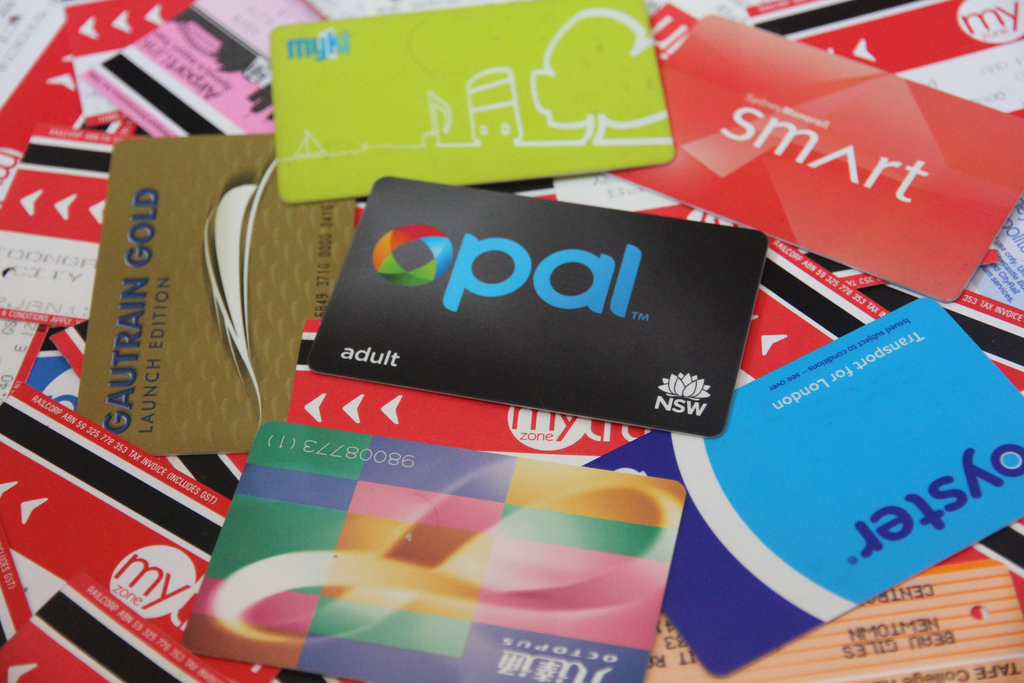The New South Wales Police Association has moved to reassure commuters using the state government’s Opal Card that cops won’t access personal and journey data from the smartcards for people who are not under investigation.
The public stand by the police union comes after NSW Council for Civil Liberties secretary, Stephen Blanks, was reported on Tuesday as saying that police could pull information on people who were “not even subject to investigation” without a warrant, but Police Association NSW President Scott Weber strongly denies this.
As the debate over how state and federal agencies collect, retain and disclose personal information generated by new technologies intensifies, the advocacy group that represents cops on the beat has weighed-in to challenge the perception that might seek to trawl through transit data without sufficient justification.
“No way would we do that,” Mr Weber said.
“We don’t do that sort of stuff. This is drilled into us: we have to have a reason behind our investigation. [Police] have more oversight bodies than anyone else.”
NSW Police and other law enforcement agencies don’t yet appear to have requested any Opal Card data as the smartcard system is progressively rolled out across trains, busses, ferries and trams.
However in Victoria and Queensland, where smartcard transit systems are more established and bedded down, Police forces have requested access to public transport data.
The collection of transit-generated data provides a highly valuable window for analysis by transport providers because it can reveal usage patterns that allow for much better capacity planning to prevent congestion and delays.
The data can also show how commuters in a given area, or at a particular time, choose services.
When people register for an Opal card, they typically enter their name, address and payment details as well as potentially email addresses and mobile phone numbers.
The cards can also be used to digitally map a person’s journey across trains, buses and ferries.
The information is stored electronically for 18 months, then separated from other personal information and archived offline for seven years.
A Transport for NSW spokesperson said the data would only be disclosed in particular circumstances.
“Transport for NSW may only disclose Opal information in response to a warrant, subpoena or summons and to a law enforcement agency when it is necessary for law enforcement purposes.”
“Protecting people’s privacy is very important but if in some situations Police need this data to help solve crime and protect the public then there is a responsibility to provide it.”
However it is the definition of what constitutes authorised “law enforcement purposes” in the context of disclosing information that has civil liberties and some privacy advocates worried because a growing number of organisations with compulsive regulatory powers appear to be quite legally availing themselves of electronic data stores.
Privacy laws across Australia normally allow disclosure of personal information held by the government or private organisations for legally authorised investigations that are often linked to an attempt to undertake some kind of enforcement action.
Mr Weber was unconcerned about privacy issues raised by various groups about police having the power to access data.
“Privacy is not an issue at all,” Mr Weber said.
“We already have access to numerous amounts of information. Police officers are already there on the trains and at the ticket gates. We have sniffer dogs and fare evasion operations.”
The Police Association head said people should probably be more concerned about the information [publicly] available about them on social media, like Facebook.
While Opal Card data was another mechanism for police to catch criminals, there were already other large pools of information police could access, for example from the Roads and Traffic Authority NSW and the Births, Deaths and Marriages registry.
“It’s (the Opal Card) a very minor facet of our information – we’d use other means before we use this – but it’s something we could use,” Mr Weber said.
The Opal Card data was most useful in highlighting where the heaviest pedestrian traffic was on public transport, so police could be stationed at these points for maximum visibility and crime prevention, Mr Weeber said.
Transport NSW maintains that a new unregistered Opal card, which can be loaded with cash at retailers and station kiosks, will be available “in the coming months”.
Even so, Opal’s Privacy Policy states that travel details can still be connected to unregistered cards via their Opal Card numbers and this could be matched to customers using video footage or a camera image.






All this does is creates a black market in stolen or fake opal cards that could be used by criminals to avoid detection.